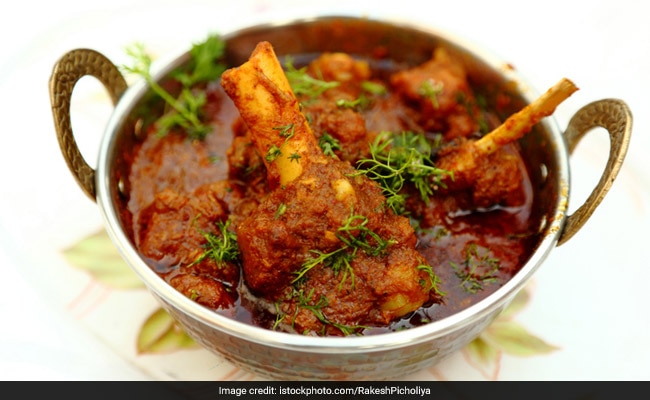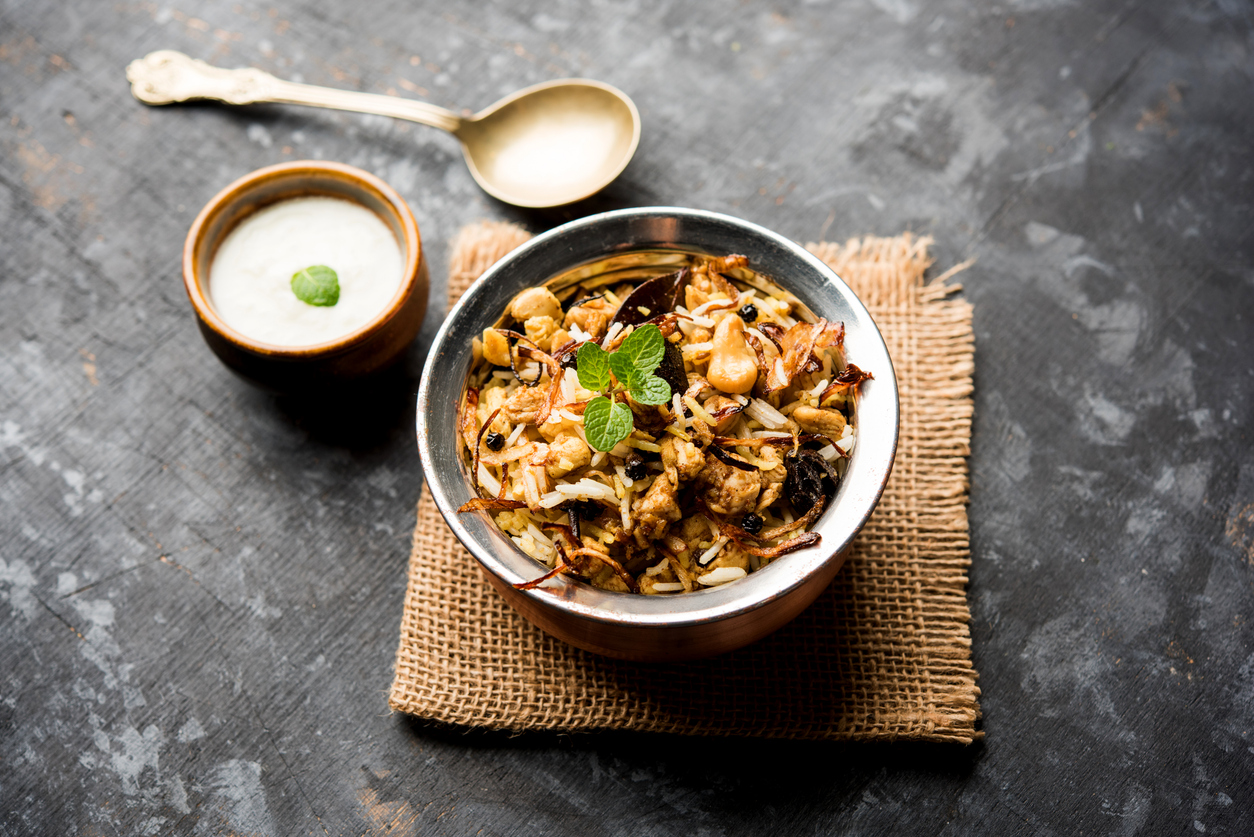As the new season of summer is here, Bengalis all over the world have geared up to celebrate the traditional Bengali New Year. As they like to call it Pohela Baishakh (Poila Baisakh) or Noboborsho, it is the first day of the Bengali calendar. As per drikpanchang.com, the starting point of Bengali Era is estimated to be in the 594th year of the Gregorian calendar. Every year, the festival date is set as per lunisolar Bengali calendar and termed as the first day of Baisakh (the harvest time for winter crop). This year, Pohela Baishakh will be celebrated on April 14 (Tuesday). This festival is also marked in various parts of India - Baisakhi among Punjabis, Bihu among Assamese and Vishu in Kerala.
No festival in India is complete without food. Alongside ritualistic bath, offering prayers to Gods and Goddesses, and cultural processions, Pohela Baishakh is associated to a large-course of traditional menu with Bengali recipes. Some people like cooking these food items at home, others prefer going out to Bengali restaurants to enjoy the Noboborsho-special thalis.
However, this year amidst lockdown and social distancing, stepping out of houses cannot be an option. Hence, we bring you some Noboborsho-special traditional food recipes that you can easily make at home and relish!
Also Read: Happy Baisakhi 2020: 5 Foods That Are Integral To The Festival Feast
Poila Baisakh: Here're 5 Traditional Bengali Food Recipes That You Can Welcome The New Year With:
Basanti Polao:
Basanti polao, or as commonly called mishti polao, is an important part of any Bengali thali. It is a quick and easy recipe that gets enriched with the goodness of fragrant rice (gobindobhog rice), cashew nuts and raisins, kesar and ghee. Click here for the recipe.
Kosha Mangsho:
Basanti polao and kosha mangsho is like 'match made in heaven'. Kosha mangsho is basically juicy mutton pieces, slow-cooked in oil and spices. The sweetness of basanti polao and the rich-spicy taste of kosha mangsho complement each other on a Bengali thali. Click here for the recipe of kosha mangsho.

Daab Chingri:
It is said, a Bengali is incomplete without his/her fish. So how can we miss a fish on this special occasion (Noboborsho)? Here's the recipe for delicious daab chingri, which is basically shrimp cooked in coconut and some flavourful masalas. It is best enjoyed with steamed rice. Click here for the recipe.
Aloo Posto:
Ask any Bengali to name a traditional Bengali dish, aloo posto will surely be one on the list! This signature Bengali dish is potatoes fried and cooked in thick gravy of poppy seeds. Click here for the recipe.

Channar Payesh:
A thali is never complete without a dessert in the end. Here we bring you the very tasty channar payesh recipe, which will add sweetness to your New Year celebration. If we have to explain this dish simply, it is channa (fresh cottage cheese) dunked in thick, condensed milk, with loads of dry fruits and nuts in it. Click here for the recipe.
This Pohela Boishakh, prepare these recipes at home and enjoy with your family. Subho Noboborsho! Happy Pohela Baisakh 2020!
About Somdatta SahaExplorer- this is what Somdatta likes to call herself. Be it in terms of food, people or places, all she craves for is to know the unknown. A simple aglio olio pasta or daal-chawal and a good movie can make her day.








